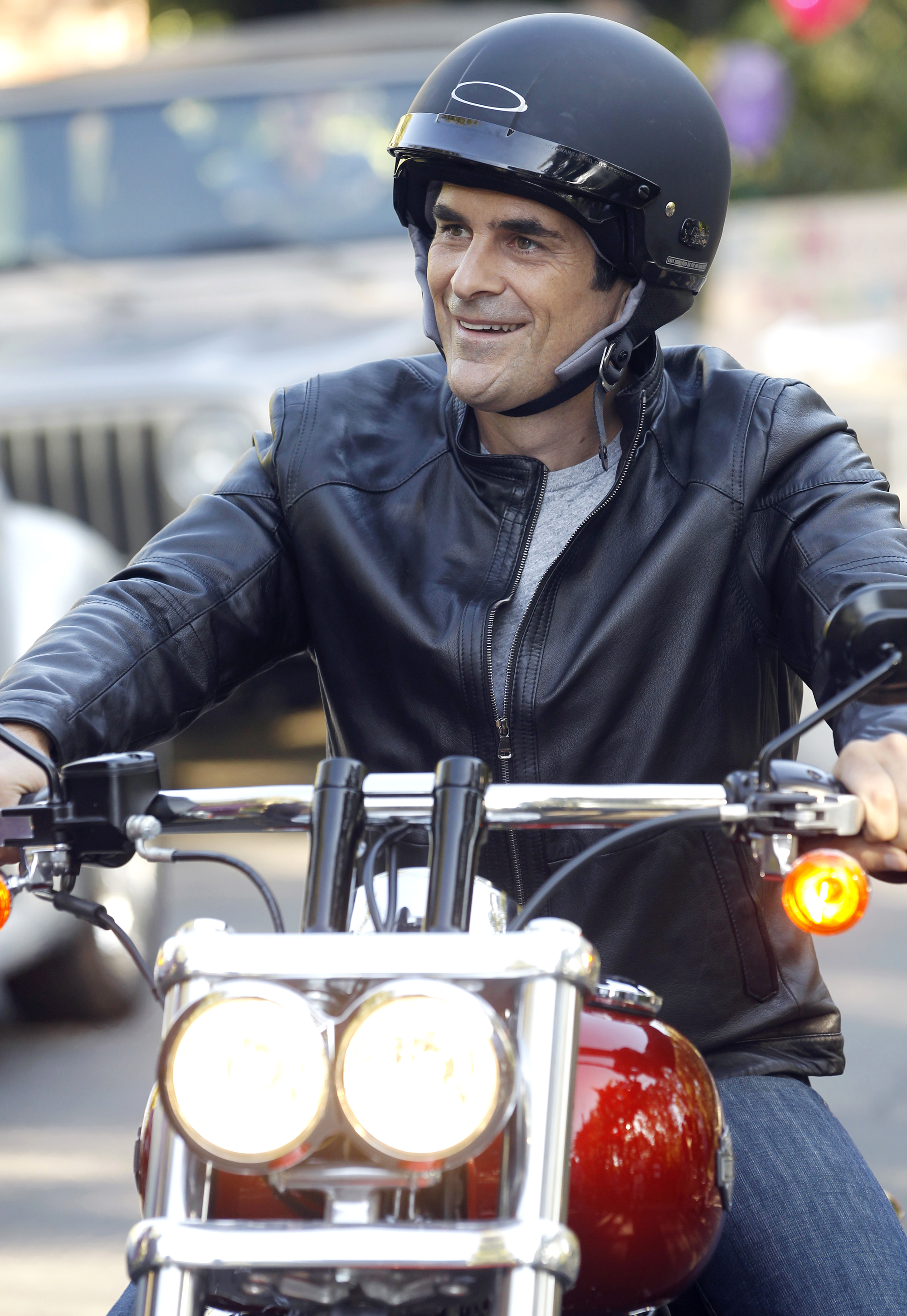When the show “Chuck” came to an end earlier this year, I had many friends who were quite upset. The show, which had a very dedicated following, was finished, and now the fans were left with somewhat of a hole in their lives.
“Chuck” had been on the air for more than five years. Five years is a long commitment to make to anything, and it seemed liked the fans weren’t really ready for the end of the relationship.
One of my friends told me that it was as if the characters had become their friends, and what happened to them on the screen felt like it was personal.
This relatability to characters is what I look for when I’m watching TV or a movie. It’s great to be able to see someone who suffers from the same problems as you on the screen. It provides a release and a catharsis.
What is interesting, though, is that often the characters that are the most relatable on the screen are those that are most similar to the actor playing them.
It is the actors’ responsibility to build a connection with the viewer through truthfully portraying characters, and this often comes through using their own personal experiences. But in my opinion, using an experience as the basis to build a quality in your character is quite different than simply playing yourself.
More and more, it seems that acting as yourself is becoming the leading style of performance.
Take Ty Burrell from “Modern Family.” Burrell’s character, Phil, the somewhat senseless dad, is my favorite character on the show. His goofiness is hilarious and it always upsets me when Burrell doesn’t win the awards he is nominated for.
But, in the interviews that I have watched of Burrell, it seems that Phil is not that far off from Burrell himself. Sure, Burrell doesn’t come across as a fool like Phil, but his sense of humor and mannerisms are largely the same, making the character and the actor seem like the same person. There is no separation between the two entities.
I feel like this can make for a more human character on the show and therefore make the character more relatable, but I think that this can also be a negative.
Not only can it lead to typecasting of the actor by the entertainment industry itself, but it can also lead to typecasting by us as viewers. It makes it difficult for us to become immersed in a character when we now see not the character, but simply the actor being placed in different situations.
I’ve always felt the purpose of TV was to let us escape our own realities, just for a little bit. This trend of actors playing themselves seems to defeat that purpose. TV is no longer an imaginative creation, but merely an ensemble of people directed to be themselves and deliver lines.
This doesn’t only hurt the viewer, it also hurts the actor. If the viewer is only able to see the actor in one way, it becomes very difficult for the actor to play different characters believably, which simply perpetuates the trend of actors playing themselves.
There are countless comedy actors in Hollywood who play the same person in every movie. Though they are successful, I, for one, am tired of seeing the same thing every time. How funny can you really be if you’re only good at telling one joke?
There are some comedians, though, who have been able to escape this curse through actual talent.
Steve Carell, is one of my favorite actors, period. Though he is a comedian by trade, I refuse to refer to him as simply a funny guy because he is so very good at not only humor but also drama. What is interesting, though, is that he seems to land fewer roles than the one-trick ponies that populate Hollywood, like Seth Rogen, Jason Segel or pretty much anyone in a Judd Apatow movie.
And that’s not to say they aren’t funny (after all, “Freaks and Geeks” is some quality programming). They’re just funny in a singular way.
Versatility and adaptability are qualities looked highly upon in the real world. If you can’t change with the circumstances, how are you going to be successful in school, work and in life?
I think that these qualities were also important to the world of Hollywood at some point. Take Meryl Streep, who is quite the acting chameleon. Now, it seems, actors must find a niche and stick to it, probably because there are more actors now than there are grains of sand on Santa Monica beach.
I guess the real question is, can it really be considered acting if you are acting like yourself? I do a pretty good me, where’s my Oscar?
If success in the realm of acting is now dependent on if you naturally have an entertaining personality rather than if you possess the ability to effectively transform yourself, is the script the only thing that keeps shows from becoming reality TV?
Do you think actors should be typecast? Email Lillian at lboodaghians@media.ucla.edu.
